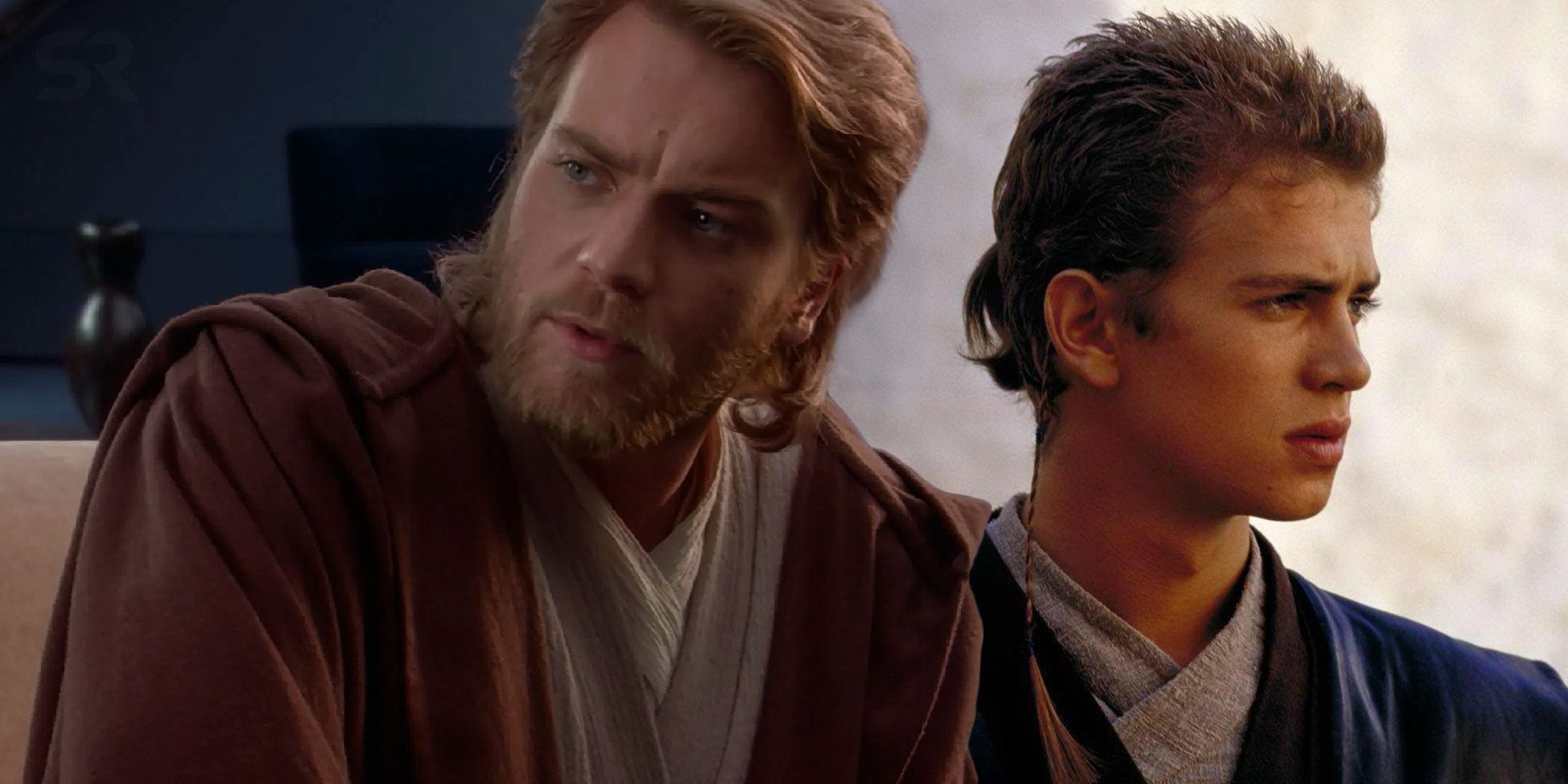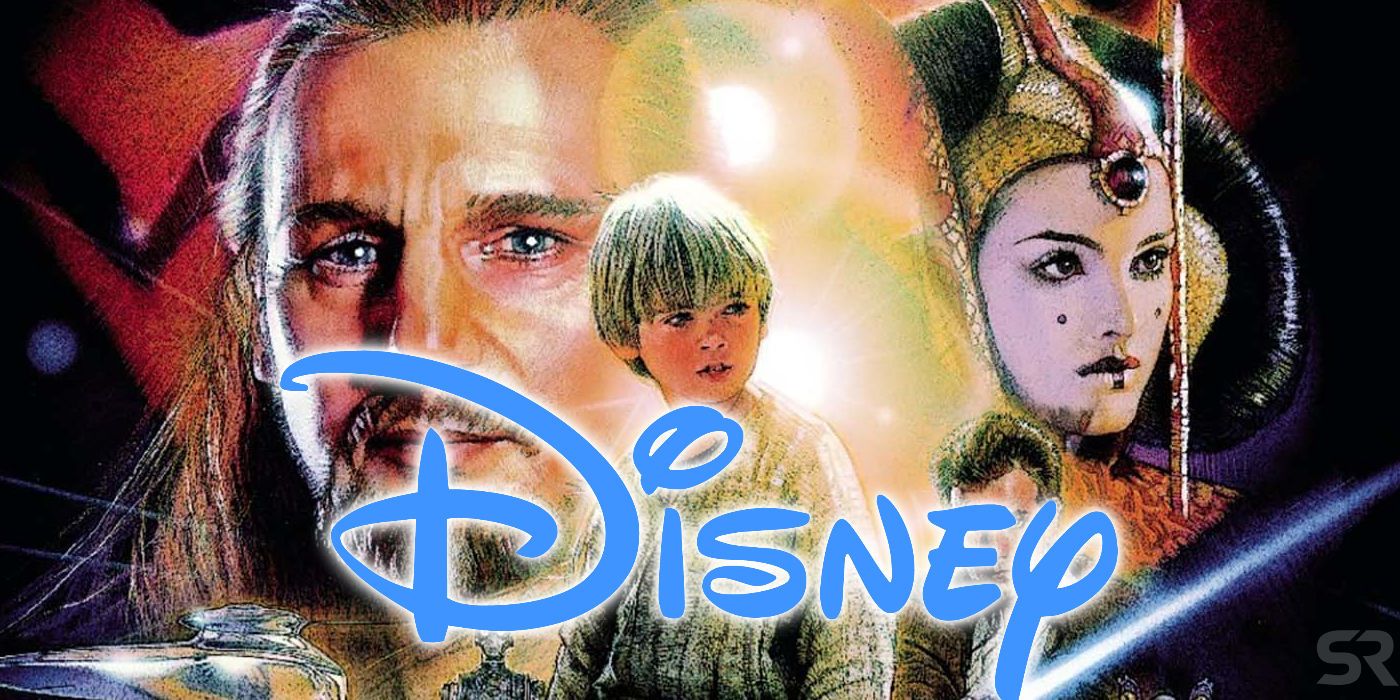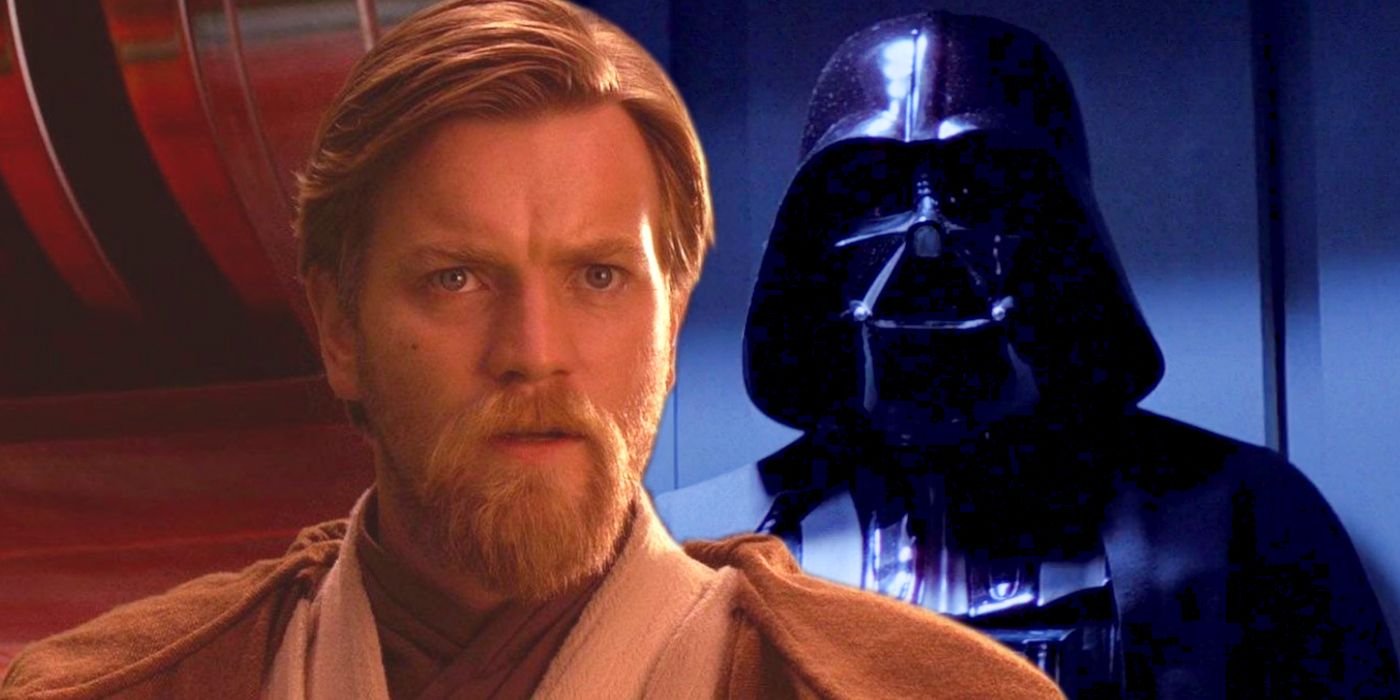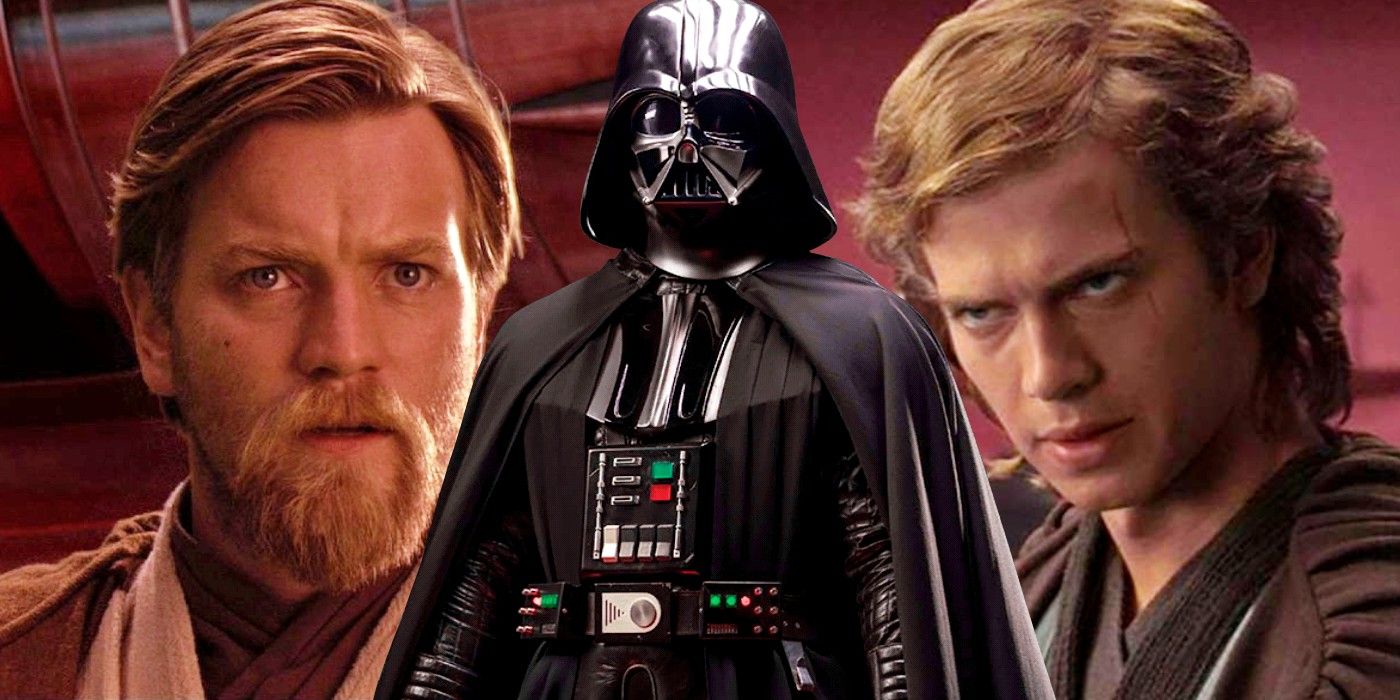The Obi-Wan Kenobi series is Star Wars' final redemption of the prequel trilogy. In all the heat over the Disney era, it's easy to forget Star Wars has been divided for a long time. Indeed, the most trenchant division can be traced back to the release of the prequel trilogy, which kicked off with Star Wars: Episode I - The Phantom Menace in 1999.
George Lucas may be a visionary director, but unfortunately, the prequel trilogy demonstrates all his weaknesses - and by that point, Lucas was far too legendary a figure for anyone to feel comfortable challenging him. Making matters worse, Lucas didn't entirely understand the audience he was attempting to reach in the first place. He considered Star Wars a children's franchise, but the first people to turn up to theaters were those who had grown up with Star Wars, and who had prepared for something a little more mature.
The prequel trilogy's reputation has improved with the passage of time. In part that's because the generation of children who grew up with the prequels are adults now, and they view them with the same kind of nostalgia older viewers feel for The Empire Strikes Back. But it's also because Disney has been working to redeem them - and the upcoming Obi-Wan Kenobi series on Disney+ is the culmination of that process.
Disney Has Been Redeeming The Prequel Trilogy
George Lucas himself seemed to be unable to let the prequel era lie, returning to that time-period with Star Wars: The Clone Wars in order to add further depth and nuance to the galactic conflict. He wasn't above using retcons to add complexity, with one subtle arc portraying the Trade Federation as war profiteers. The Disney acquisition appeared to accelerate the process, with the House of Mouse releasing a steady stream of tie-ins and spin-offs that were considered equal canon to the films themselves. Core concepts such as the Chosen One prophecy and even the idea of the balance of the Force have been given greater clarity, while key relationships - such as those between Qui-Gon Jinn and Obi-Wan, or between Obi-Wan and Anakin - have been developed and improved. Secondary characters have been given an opportunity to step into the spotlight, with several books and comics giving a key role to Kiera Knightley's Sabé, one of Padmé's Handmaidens.
And then, in an unexpected move, Disney commissioned Star Wars: The Clone Wars season 7 for the Disney+ streaming service. Returning showrunner Dave Filoni had learned a lot over the years since making the first seasons, and consequently, he was able to produce a stunning and tightly-woven final season that culminated in Order 66. Star Wars: Episode III - Revenge of the Sith had shown countless Jedi being slaughtered by the Clone Troopers, but The Clone Wars took a much more personal approach, exploring the tragedy through Ahsoka Tano's eyes. It was a smart decision, underscoring the tragedy of Palpatine's triumph.
The Obi-Wan Show Completes The Redemption Of The Prequels
Now Lucasfilm has announced the return of both Ewan McGregor and Hayden Christensen in the Obi-Wan series. The story will be set ten years after Obi-Wan Kenobi exiled himself to Tatooine in order to keep a watchful eye upon Luke Skywalker, at a time when the Empire was ascendant and Darth Vader was at his most powerful. Footage suggests Obi-Wan and Darth Vader will come face-to-face, a confrontation that will provide an emotional payoff to the prequel trilogy. It's unclear how this will all fit with continuity, leading to speculation Obi-Wan will fake his death.
It's also important to note Hayden Christensen is finally getting the chance to play Darth Vader. Part of the problem with the prequel trilogy was the sense of discontinuity between the self-absorbed but lovestruck Anakin Skywalker and the brooding, nightmarish monster who is Darth Vader. It didn't help that Christensen only had the opportunity to wear the Vader mask in a couple of scenes, one of them characterized by a much-mocked scream of "Nooooooo!" Now, Christensen will finally get the chance to play Darth Vader at the height of his power, unchecked and unrestrained. Make no mistake, this is a moment of redemption for Hayden Christensen as much as for Darth Vader, as he gets the chance to show how good he could be under better direction and working to a better script.
The Obi-Wan Kenobi Show Finally Bridges The Prequels & The Original Trilogy
Lucasfilm may consider all current Star Wars content to be equally canon, but in truth, viewers have tended to be far more selective. Star Wars is fundamentally still seen as a film franchise, albeit one that has now launched a series of successful tie-in TV shows. But the Obi-Wan Kenobi series is a game changer, because it is the first TV show to actually feel like it is essential viewing. It may not be part of the Skywalker saga, but it features two of the main characters from the prequels, and consequently, it should serve as something of an extended coda to them.
More importantly still, it should also help to bridge the two trilogies. There is a substantial time-jump between the prequels and the original trilogy, with Obi-Wan finding a measure of peace at last during his hermitage on Tatooine, while Darth Vader is unleashed upon the galaxy. The evolution never felt entirely natural, and consequently tie-in books, comics, and even a single episode of Star Wars Rebels have attempted to make sense of it. But this is the most high-profile attempt to fix the issue to date, and it should really help convey the personal journeys of Obi-Wan and Anakin as they become the characters seen in the original trilogy. In a strange sense, then, the Obi-Wan series will not simply complete the redemption of the prequels; it will also finally draw the narrative threads of Star Wars together, making it all feel like it really is one story, just as George Lucas intended.




